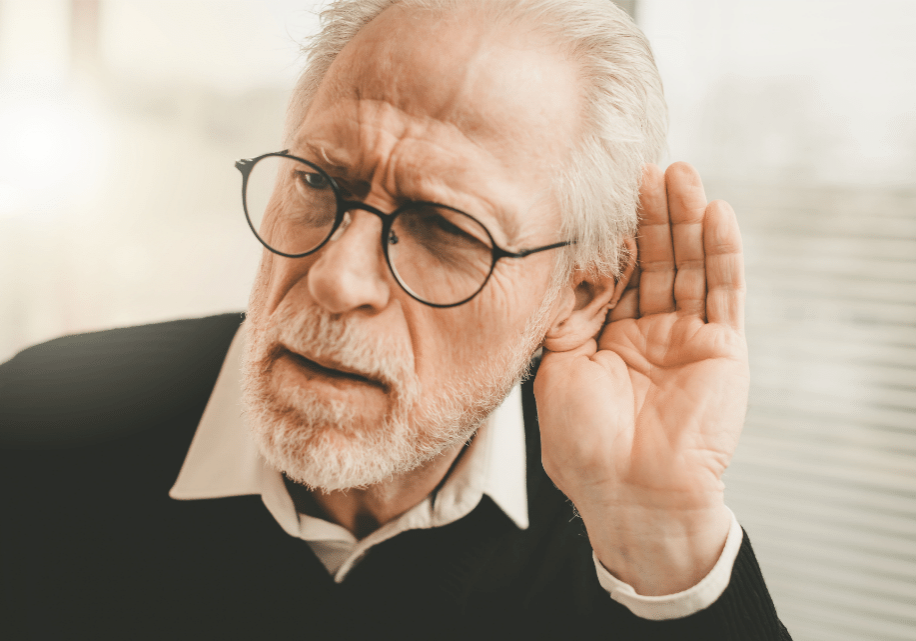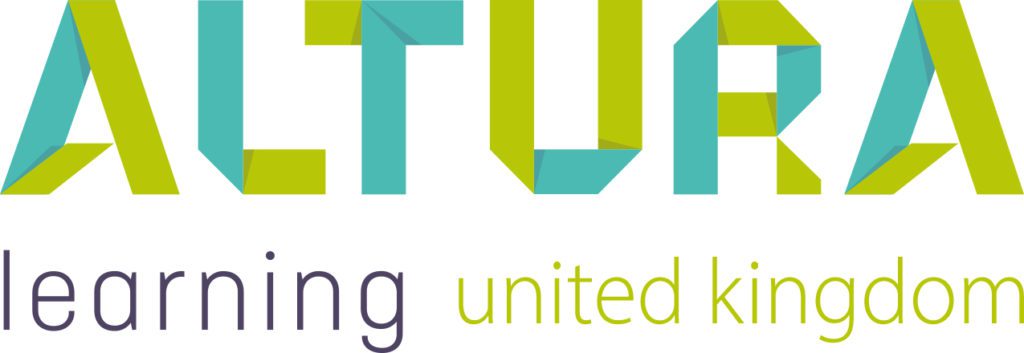Home | Altura Blog |
World Hearing Day 2021
March 3, 2021 | Altura Blog
Topic:
s
The 3rd March 2021 marks World Hearing Day 2021. This year’s theme is ‘Hearing Care for ALL! Screen. Rehabilitate. Communicate.’
It is estimated that more than 5% of the world’s population – or 466 million people – has disabling hearing loss (432 million adults and 34 million children) and this percentage will double by 2050. In people aged 65-74, the rate of hearing loss is estimated to be 33% and that increases to 50% by the age of 75.
A person is considered to have hearing loss if they aren’t able to hear as well as a person with normal hearing (hearing thresholds of a minimum of 25dB in both ears).
The key messages of World Hearing Day 2021 target:
Policy makers
- The number of people living with unaddressed hearing loss and ear diseases is unacceptable.
- Timely action is needed to prevent and address hearing loss across the life course.
- Investing in cost effective interventions will benefit people with hearing loss and bring financial gains to the society.
- Integrate person-centered ear and hearing care within national health plans for universal health coverage.
General public
- Good hearing and communication are important at all stages of life
- Hearing loss (and related ear diseases) can be avoided through preventative actions such as: protection against loud sounds; good ear care practices and immunization.
- Hearing loss (and related ear diseases) can be addressed when it is identified in a timely manner and appropriate care sought
- People at risk of hearing loss should check their hearing regularly
- People having hearing loss (or related ear diseases) should seek care from a health care provider
Hearing loss affects primarily the ability to communicate effectively, but imagine if you could no longer hear your favourite song, tv show or warning sounds such as sirens or smoke alarms. Not only could your relationships, lifestyle and enjoyment of life be affected, but your safety as well.
There are two main types of hearing loss:
- Sensorineural hearing loss which usually permanent and caused by damage to the inner ear or auditory nerve
- Conductive hearing loss which can usually be restored as it is caused by reversible factors such as earwax build up or a punctured ear drum.
Hearing loss can vary in severity. In older people Presbycusis, or age related hearing loss, gradually occurs as a person ages and seems to run in families. As the loss progresses slowly, the person might not notice the change, but it’s important that care staff report any changes to their supervisor or registered nurse as hearing loss can contribute to the development of depression, withdrawal and there is a higher rate of developing dementia in people in hearing loss.
At Altura Learning we have titles that address the issue of hearing loss:
- The residential care course Sensory Loss: Vision and Hearing, describes why sensory loss occurs and practical strategies that care staff can utilise when supporting individuals with sensory loss.
- The Home Care course Use of Hearing Aids and Glasses demonstrates the importance of the correct use of sensory aids and in particular, how the different types of hearing aids work and how they should be placed in the ear for optimal performance.
Written by Nicola Burton, L&D Manager, Altura Learning


